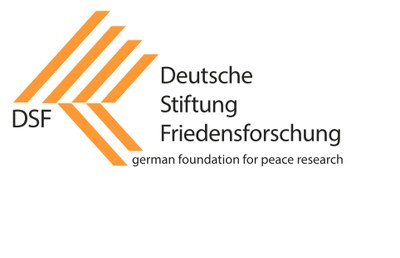Main Content
Reconciliation in Contexts of Chronic Violence: Shared Viewpoints and Controversial Issues in Colombia

Reconciliation is a key normative concept in peacebuilding theory and practice and constitutes a central purpose of transitional justice. The challenge of reconciliation in the 21st century arises from the blurring lines between peace and conflict in many societies. Post-war and post-authoritarian contexts often remain deeply affected by different overlapping forms of violence and violence-related social divisions are widespread beyond conflict contexts.
This project seeks to explore the meanings of reconciliation in Colombia. Five years after the signing of the landmark peace accord between the Colombian government and the FARC-EP, we examine how different communities and social groups understand and experience reconciliation and how it intersects with collective memory and transitional justice.
The research question translates into a research design based on q-sorts and semi-structured interviews. Q-methodology has risen to prominence in recent years, and applying this method to the Colombian case is our way to progress in the field of reconciliation research. We seek to create systematic evidence on how people’s understandings of reconciliation range across a broad spectrum of perspectives, levels and axes and refer to a variety of practices, attitudes, conditions, and goals. We take into account different social and political contexts as well as a variety of social positions. On a methodological level, our project will contribute to further establishing q-methodology as a tool for conducting constructivist research in the field of peace and conflict studies, and we will test its suitability for online research in contexts of chronic violence.
We expect our project to produce empirical evidence to further substantiate our argument on reconciliation in non-conflict yet violent contexts: As many societies throughout the world confront disruptive and violent social change, a more nuanced understanding of reconciliation in violent contexts – what it means, if and why it matters – is crucial for scholars and policymakers designing policies of peacebuilding and transitional justice.
Project Period: 2021-2022
Funding: German Foundation for Peace Research
Project Team: Prof. Dr. Anika Oettler, Myriell Fußer, Luisa Betancourt Macuase, Ilona Stahl
